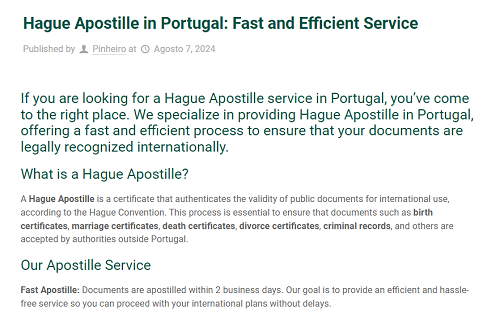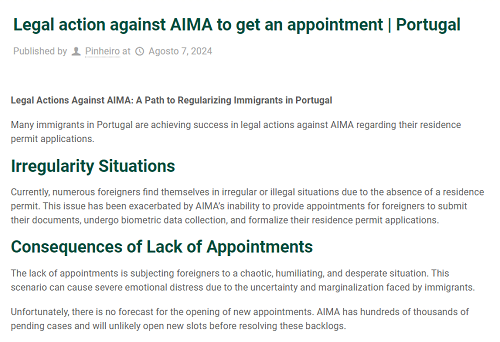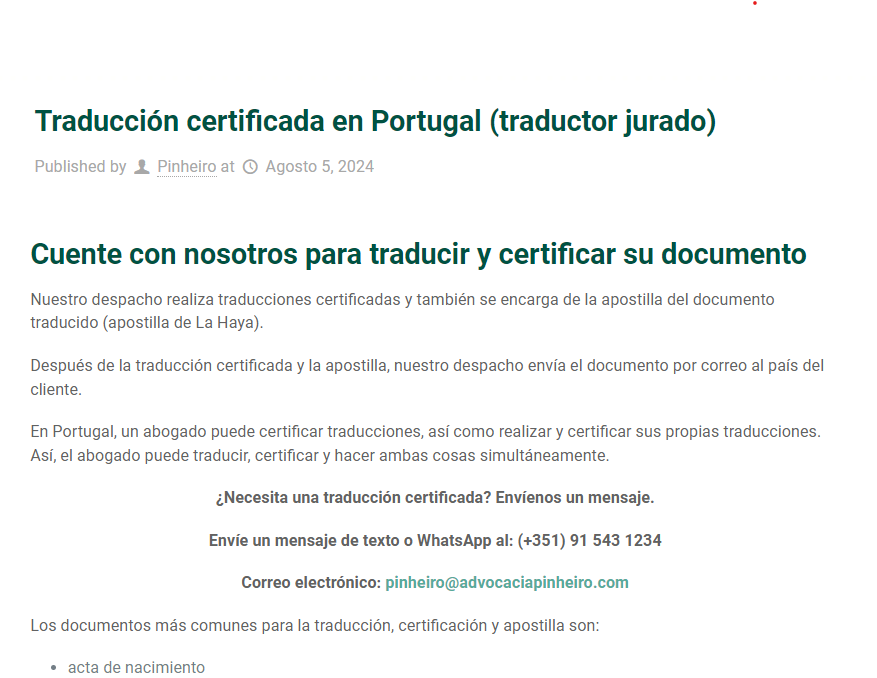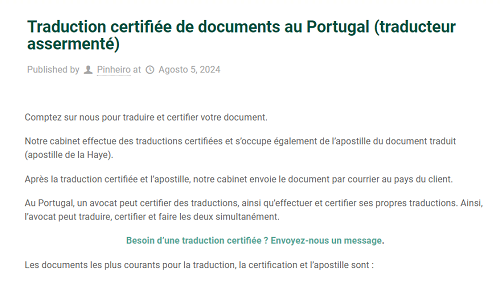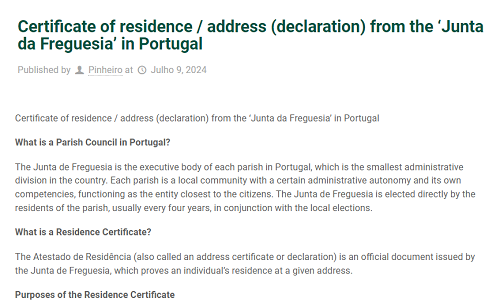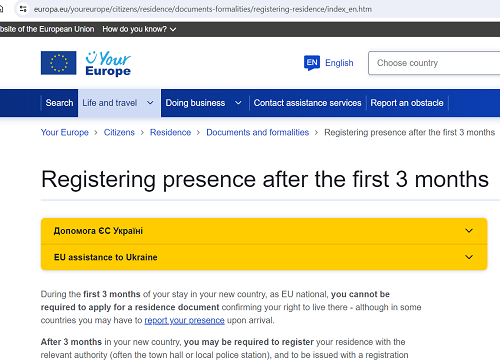If you are looking for a Hague Apostille service in Portugal, you’ve come to the right place. We specialize in providing Hague Apostille in Portugal, offering a fast and efficient process to ensure that your documents are legally recognized internationally.
What is a Hague Apostille?
A Hague Apostille is a certificate that authenticates the validity of public documents for international use, according to the Hague Convention. This process is essential to ensure that documents such as birth certificates, marriage certificates, death certificates, divorce certificates, criminal records, and others are accepted by authorities outside Portugal.
Our Apostille Service
Fast Apostille: Documents are apostilled within 2 business days. Our goal is to provide an efficient and hassle-free service so you can proceed with your international plans without delays.
🔗 Make a request for apostille
Document Apostille: From birth certificates, marriage certificates, death certificates, and divorce certificates to criminal records, our team ensures that the process of apostille of certificates in Portugal is carried out accurately and quickly.
How Our Service Works
- Document Copy: Send a copy of the document you wish to apostille. You can send it via email or WhatsApp. A simple photo is sufficient. We only need to see the details to process the request and then apostille it.
- Apostille Process: We complete the apostille of documents in Portugal within 2 business days.
- International Shipping: After apostille, we mail your apostilled document to any part of the world.
Why Choose Our Service?
- Speed and Efficiency: We guarantee fast and efficient apostille of your documents.
- Experience and Trust: Our apostille service is managed by experienced lawyers. With years of experience in international apostille Portugal, our team is highly qualified to handle your documents.
- Global Coverage: We serve clients globally, ensuring that your documents are accepted internationally.
Common Documents for Apostille
- Birth Certificates
- Marriage Certificates
- Death Certificates
- Criminal Records
- Document Translation Certificates
Contact Us
To request apostille of documents in Portugal, contact us today. Send a message via email or WhatsApp to get a quote and start the apostille process.
WhatsApp: (+351) 91 543 1234
Email: pinheiro@advocaciapinheiro.com
Conclusion
We offer a specialized Hague Apostille service with a commitment to speed and accuracy. Whether you need apostille of certificates or other legal documents, we are here to streamline the process and ensure that your documents are accepted internationally.
